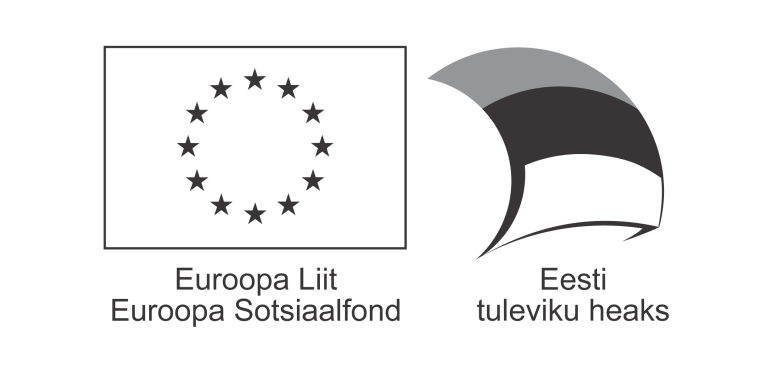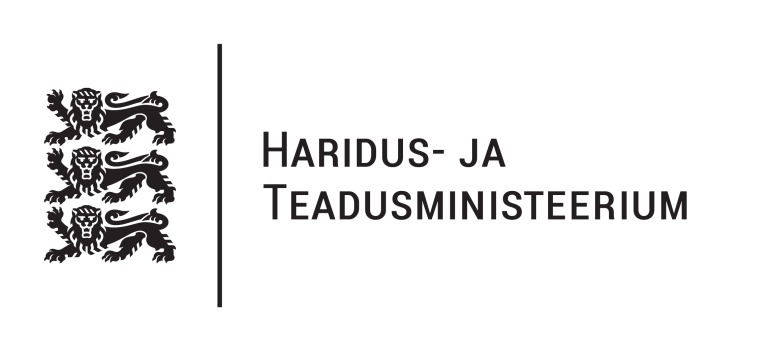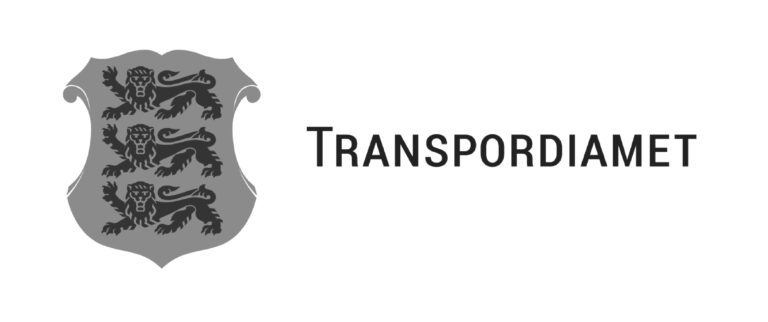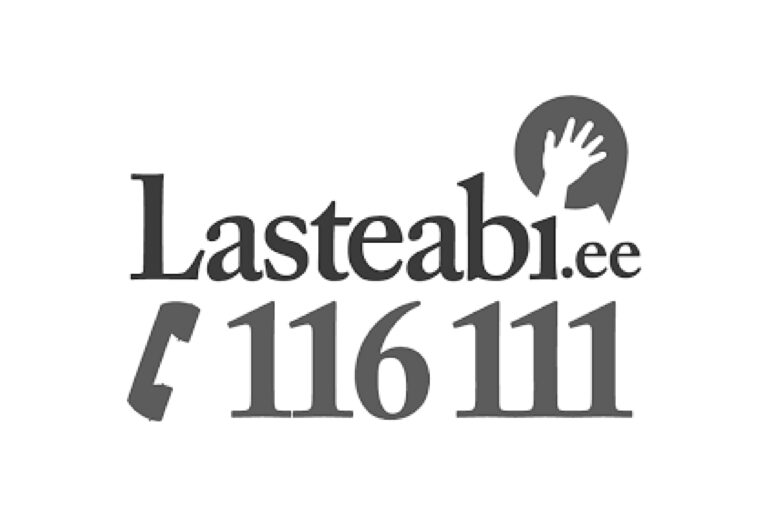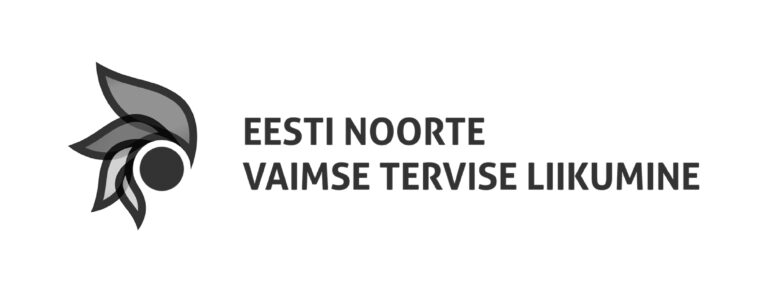Under Estonian law, a child or young person under the age of 18 cannot invest, because in the eyes of the law, they do not have active legal capacity, ie the capacity to conclude valid transactions independently. However, from the age of 18, young people have the right to conclude transactions with their assets and money, and no longer need parental consent.
If a child under the age of 18 makes a transaction without the consent of their guardian, the transaction is void and not valid in the eyes of the law. However, if a parent or guardian later approves this transaction, it becomes valid. In certain cases, the court can extend the active legal capacity of a minor, ie the capacity to conclude transactions and make investment decisions. If the level of development and knowledge of a child of at least 15 years of age allows it and the transactions would be in the best interests of the child, the court may grant permission, ie extend their active legal capacity. However, this can only be done at the initiative of the minor themselves (who is at least 15 years of age) and with the consent of a parent or guardian. If a parent or guardian does not give consent and where such refusal is contrary to the interests of the minor, the court may grant permission without the consent of a parent or guardian.
How to invest without court permission?
There are still some ways for minors to invest even if they lack court permission, ie their active legal capacity has not been extended to conclude certain transactions. One option is for parents to invest with the child on their behalf. Another option is to grant authority to the child, meaning a parent can give consent to the minor to make transactions with securities by approving the child’s transactions.
If a parent purchases securities for a minor on their behalf, then under the Family Law Act, securities can be bought or sold without court permission only if the money for these transactions comes from the child’s legal representative, ie their parent. Furthermore, the proceeds of the sale must remain in the ownership of the minor. This means that securities cannot be bought or sold with the child’s own money without court permission. The parent may make securities transactions on behalf of the minor only with their own money or money the other parent has given to the child, and when selling securities, the money received may not be withdrawn or transferred from the child’s account, ie the money must remain in the ownership of the child. In addition, grandparents or other relatives may not transfer money into the child’s investment account, because parents may not make transactions with money received from others without court permission.
Agreements on behalf of both the parent and child
For the parent to be able to invest on behalf of the child at all, they must sign agreements on behalf of both themselves and the child, depending on the product or service. Such agreements are, for example, a current account agreement, an investment account agreement, a securities account agreement and an investment services agreement, and they must also fill in an appropriateness questionnaire. If the child’s account is to be used for transactions with US stocks, they also have to fill in a W8-BEN form. This is a document required by the Internal Revenue Service of the US to prove the residency of a person from outside the US and helps avoid double taxation. If the child also wants to invest in Baltic securities, it is necessary to open a free Baltic securities account for the child.
If a child makes their first investments before the age of 18, it is sensible to do so with a parent or guardian, discussing interesting investment options and jointly deciding where and how much to invest on behalf of the child. It is also exciting to monitor the progress of the investment portfolio together. This is a good opportunity to practise financial literacy and investment basics while being aware of and jointly bearing the risks associated with the first investment portfolio. When the child turns 18, they can take over the portfolio and start making investment decisions on their own.
All minors are not capable of investing independently
Some financial service providers also offer children from the age of 7 the opportunity to view securities in their online bank and allow them to make independent transactions. However, this permission is still granted to the child by their parent by way of authorisation, thus approving the child’s transaction. However, this option is not suitable for a complete beginner, and if the parent and child together, or the child alone, have not previously read about investment opportunities and risks, or discussed them with a specialist, there is a great risk of losing the invested money. Parents, guardians and children under the age of 18 should take the time to jointly make sure that they know about investment opportunities and the risks they entail. In addition, every child who makes independent investment decisions based on parental authorisation should have the opportunity to ask for advice when they need it.
If both the parent and child have done their homework in terms of financial literacy and the investments have started to generate profit, it is important to know that income from the child’s investments must be declared. More information on this is available on the website of the Estonian Tax and Customs Board.
Also, take a look at how and when a child’s investment income should be declared based on the systems of Swedbank and the Estonian Tax and Customs Board.

Gerli Hall, a lawyer at the Financial Services Supervision Department of the Financial Supervision Authority.

